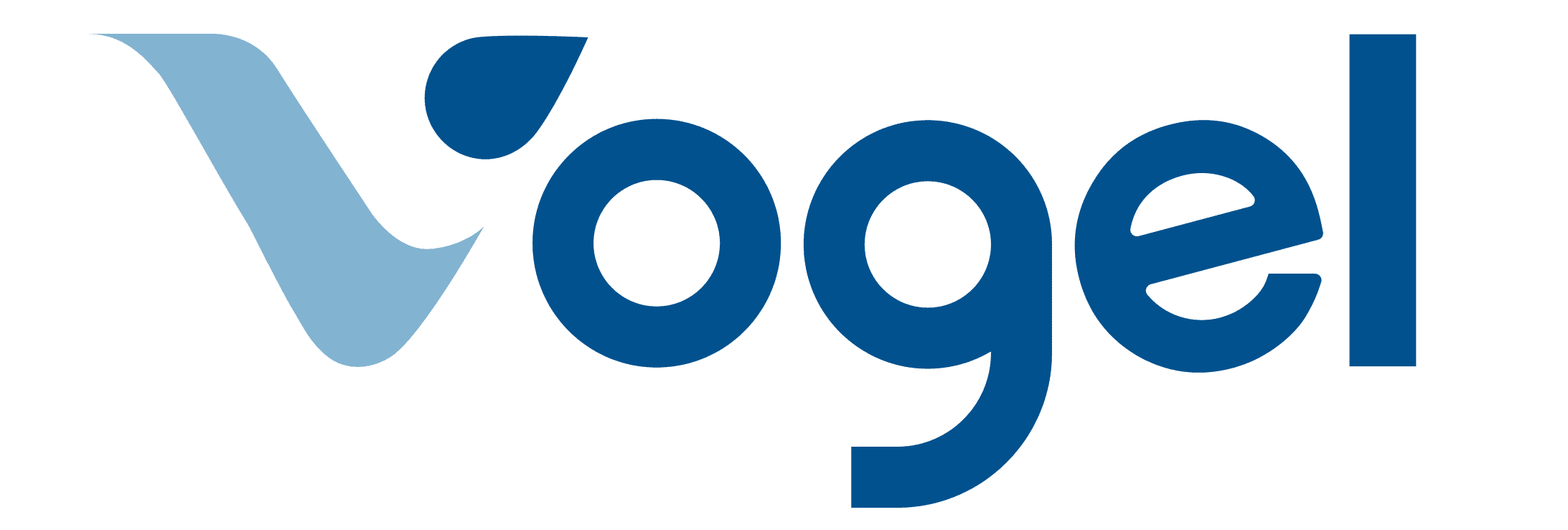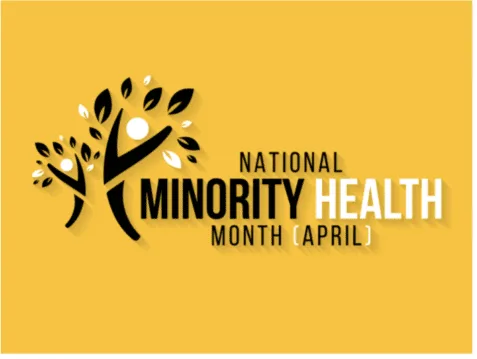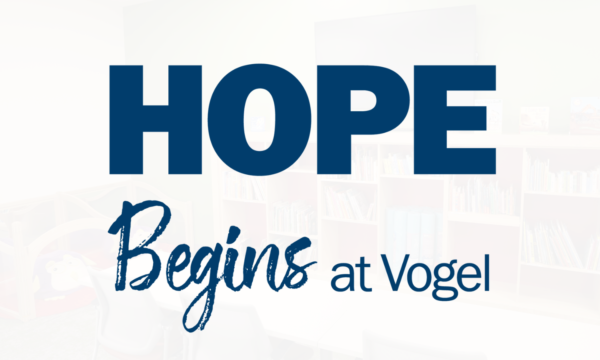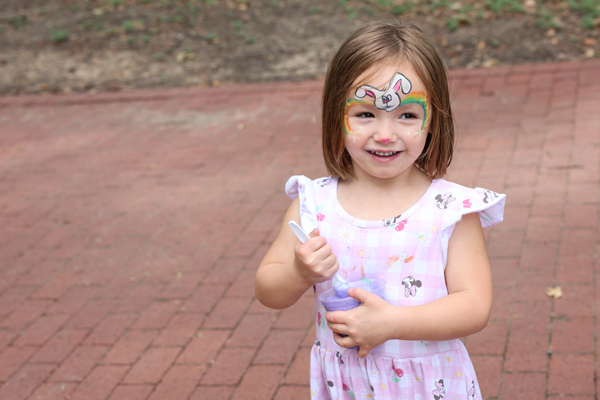How has Vogel expanded our services to fulfill the need?
April features the Week of The Young Child and National Minority Health Month (sponsored by National Association for the Education of Young Children – NAEYC), and we want to shine a light on the hidden faces and families affected by the mental, physical and health impacts of homelessness.
And we’re taking a moment to let you know how Vogel has answered the need of more than 17,000 children with more programs, holistic services, an expanded staff, passionate supporters, and more.
April is National Minority Health Month (NMHM), a time to raise awareness about health disparities that continue to affect racial and ethnic minority populations and encourage action through health education, early detection, and control of disease complications.
“As a nurse, we are sometimes called upon to “advocate medically” for the moms. We try to empower them to advocate for yourself and your child. And if you are unable to, find someone who will help advocate for you.” – Sammi Jo, Vogel Nurse
Did you know:
- At 55%, African Americans represent the majority of the families Vogel serves, with Latino/Hispanic at 18% and Causcasian and white at 9%.
- African-Americans significantly over-represent Dallas’ homeless. While Blacks constitute 18.7% of the Dallas population, they represent 66.7% of people experiencing homelessness. (Metro Dallas Homeless Alliance)
- Simply being without a home is a dangerous health condition. Homelessness creates new health problems and exacerbates existing ones. For example, chronic health conditions such as high blood pressure, diabetes, and asthma become worse because there is no safe place to store medications properly. (National Health Care for the Homeless Council)
- The issue is even more critical for children. Children experiencing homelessness are more likely to experience chronic diseases, behavioral health concerns, developmental delays, hunger, and malnutrition than those who have homes (U.S. Department of Health & Human Services)
- 90% of brain development happens by the age of five. Without help, homeless children may suffer lifelong social, emotional, and educational deficits. (Vogel)
Week of the Young Child® is sponsored by the National Association for the Education of Young Children (NAEYC), the world’s largest early childhood education association. The purpose of the Week of the Young Child is to focus public attention on the needs of young children and their families and to recognize the early childhood programs and services that meet those needs.
At Vogel in 2020 – 2022…
- 63% of parents were unemployed when their child/children enrolled at Vogel;
- 26% were employed in temporary jobs with limited hours and no benefits,
- 56% of parents were employed or in school when their child/children left Vogel.
- 85% of preschool children showed gains in the areas of social/emotional, physical, language and cognitive development and were on track for their age and stage of development.
- 68% of the children served during the 2021-2022 school year had decreased or eliminated mental health risk factors.
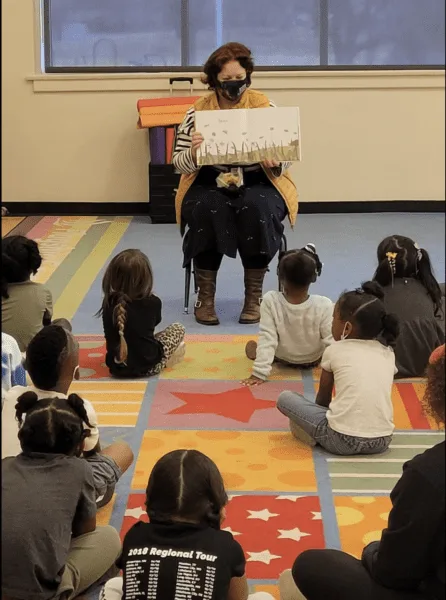
“Our programming is culturally competent, holistic, and family-centered. Vogel is committed to giving every child in our community, regardless of race or background, a chance to be successful in school, and in life.” – Karen Hughes, Vogel, CEO
Our programming focuses on five key areas:
- Our Therapeutic Early Childhood Programming is accredited by National Association for the Education of Young Children (NAEYC). We use a research-based curriculum to help children living in traumatic circumstances like homelessness. Our approach helps to improve developmental outcomes, foster social/emotional skills and creates a pathway for success in school.
- Our Therapeutic School-Age Services include summer and school holiday camps for children in Kindergarten through 5th grade. These services “fill in the gap,” providing children with a safe place to learn, play and gain new skills outside of school hours.
- Our Mental Health Program is a critical component of our programming. Being homeless creates a host of challenges for young children. We understand these issues and offer a mental health curriculum focused on social/emotional skill building and creating community.
- Our Health Services address the physical well-being of homeless children. We offer weekly, onsite access to medical care, two meals and a snack each day and daily nap time for kids who may not be able to get peaceful, uninterrupted sleep at night. In 2017, we added a full-time School Nurse for the basic health needs of our children, to perform vision and hearing screenings and to educate parents about children’s health.
- Our Family Support Program is essential because we cannot impact a child’s life without helping the whole family. Our family support staff provide case management, mental health support, resources such as diapers and clothes, assistance procuring housing and employment, parenting training and more.
